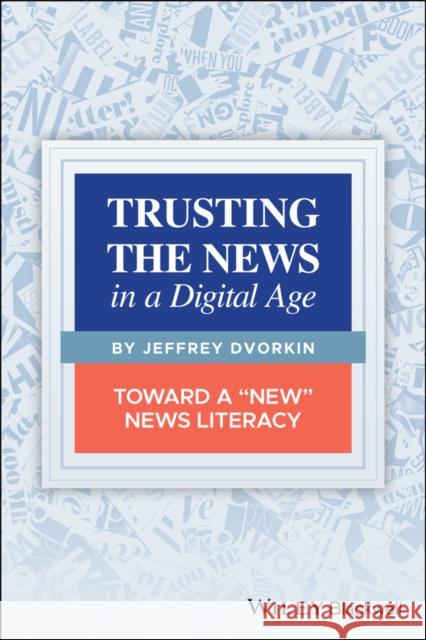Trusting the News in a Digital Age: Toward a New News Literacy » książka
topmenu
Trusting the News in a Digital Age: Toward a New News Literacy
ISBN-13: 9781119714293 / Angielski / Miękka / 2021 / 176 str.
Kategorie:
Kategorie BISAC:
Wydawca:
Wiley-Blackwell
Język:
Angielski
ISBN-13:
9781119714293
Rok wydania:
2021
Ilość stron:
176
Waga:
0.23 kg
Wymiary:
22.61 x 15.24 x 1.27
Oprawa:
Miękka
Wolumenów:
01
Dodatkowe informacje:
Bibliografia











